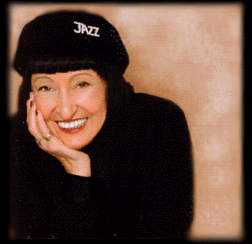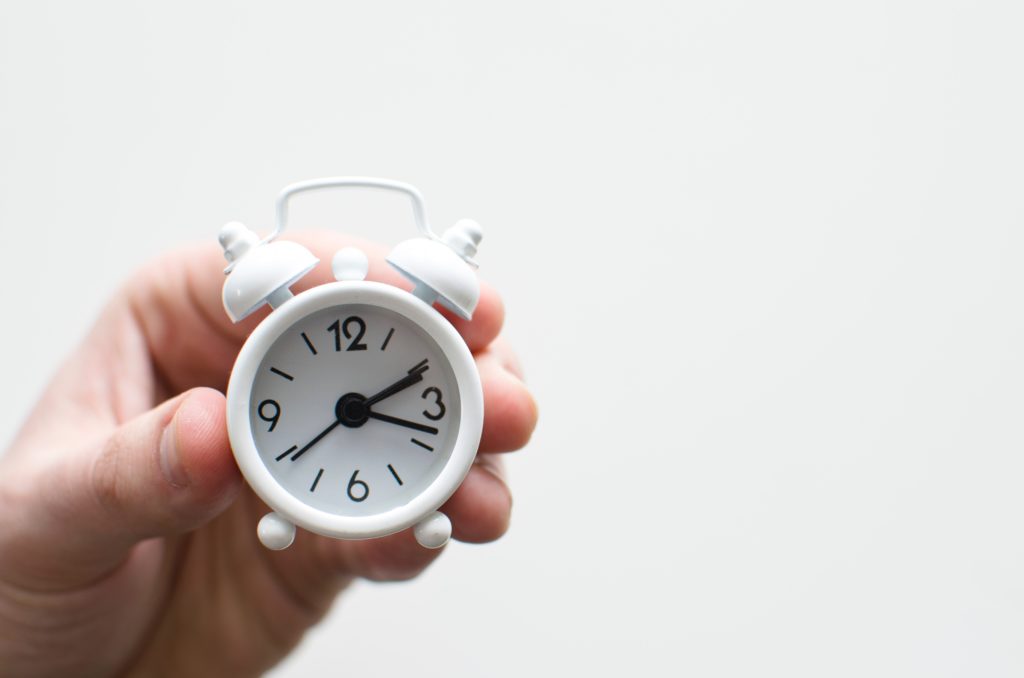One thing I learned during my years as a jazz vocalist is that a small amount of practicing, repeated regularly, trumps the occasional all-out push.
And this is also true when it comes to accomplishing other big task like writing a novel, tidying your home, or developing your public speaking style,
For example: The first draft of my novel, The Tattooed Heart, was written in 17 minutes a day. That wasn’t an arbitrary number; it was the amount of time that I learned, through trial and error, I could devote to writing, most days of the week.
Sure, I could have waited for my next vacation, gone away and cranked out an entire draft. The number of total hours would have been similar. But working every day gave me a deeper connection with the novel—and the same thing is true for public speaking practice generally and speech practice, specifically.
A Little Bit of Speech Practice Counts A Lot
To make public speaking practice a daily habit, first decide how much time you can reasonably and consistently put in.
Three minutes a day? Five? Seven? Fifteen seconds, twice a day?
It doesn’t matter how much time you can spare. What matters is that you commit to spending even 30 seconds a day practicing your new public speaking skills. Most of the things that will gradually build your ability are small, finite, and easy to focus on during the course of your day.
In just three minutes, you can practice:
- Delivering a key message
- “Being in” your public speaking personna, or avatar (here’s a discussion of avatars with attitude)
- Speaking more slowly, while clearly articulating every word
- Focusing on the person you’re talking to
- Holding a smile while you speak
Of course, this list could go on and on.
None of these things are difficult. What’s difficult is getting so familiar with them, so comfortable with them, that they become part of your “public speaking DNA”—effortless and automatic habits that are there for you when you need them under pressure.
Skip the Heroics, Go for your Goal

As a music student at the fabulous New England Conservatory, I was constantly regaled with stories of musicians who’d dedicated their entire lives to their craft. Duke Ellington, whose “music was (his) mistress.” Sonny Rollins, who my husband played with for many years, and who practiced in solitary splendor on the Williamsburg Bridge.
But the musician whose story inspired me most was that of Sheila Jordan—a brilliant vocalist and single mother who worked for decades as a bookkeeper to support her child and her music. Sheila once told a group of young singers, myself included, that she practiced while walking to work each day, because that was the only time she had.
In 2012, Sheila was honored with a National Endowment of the Arts Jazz Masters Award for her lifetime of musical achievement. Those minutes of street practice she put in each day eventually powered her major body of creative work.
That’s how it works with public speaking, too.
‘Nuff said?

